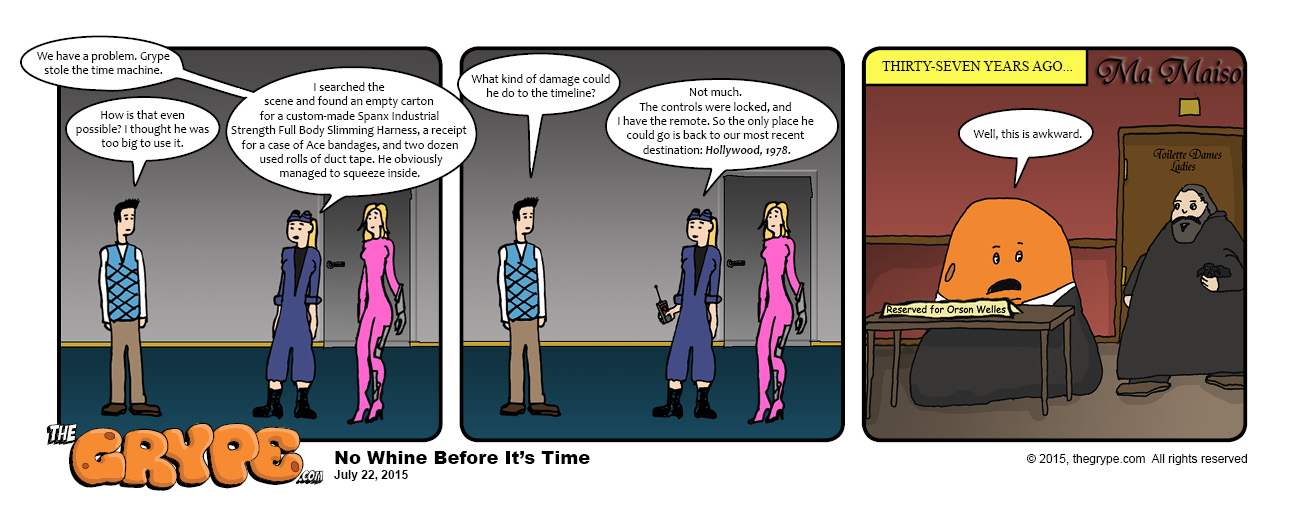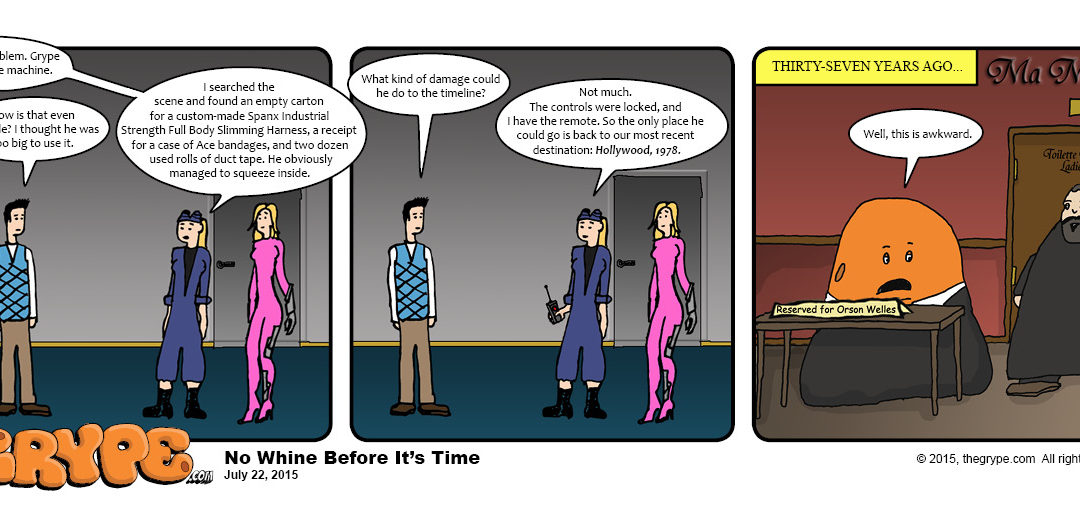 Has anyone noticed the sudden semi-deflation of a whole bunch of the most prolific blog-based clickholes on the web?
Has anyone noticed the sudden semi-deflation of a whole bunch of the most prolific blog-based clickholes on the web?
Breitbart, Huffington, Gawker— even the formerly unassailable Reddit— are suddenly hemorrhaging regular readers by the butt-load, firing popular editors and managers left and right, and fervently vowing to restore their users’ faith by restoring those online portals to their former idealistic purity and strict integrity of content.
What’s ACTUALLY happening is that the agencies tasked with monitoring the PR side of the big internet social interaction sites have begun reporting that users (meaning us) have figured out the blatant money-grubbing behind their click-bait, misinformation-driven advertisement strategies and are sick of being exposed to the online equivalent of staring at traffic accidents over and over, 24 hours a day.
So this recent rush of “it’s time to take back the INTEGRITY!” is really just the same old spin teams attempting to “send the naughty sites to rehab” (like they do with errant celebrities) and then, a short time later, bring them back clean and new again… to start the same lousy cycle, leaving we end users none the wiser.
It will probably work. The big sites will shuffle a few editors around and change some nom du plumes, make a few tear-jerking posts about how they’ve CHANGED SO MUCH, PLEASE TAKE US BACK, and in a few weeks the smut and slander will start flowing again.
Ah, online exploitation media. You relentless cesspool of the human spirit.
Meanwhile back in corporate land, my current most-hated bullshit corporate zeitgeist buzzword is “gamification.” I.e, applying game design strategy to the corporate environment. It means inventing a competitive “game type” overlay and emplacing it atop your work force, thereby forcing your employees to compete against one another as if their daily business activity is some kind of gladiatorial sport.
To be fair, I’m not entirely against the concept. It actually makes a lot of sense to harness our competitive nature and inherent love of sport and apply it toward other areas of endeavor. What rankles me is how it is being packaged and commercialized, and its potential for misuse in the wrong circumstances, as is true with all such techniques when they achieve “fad” status.
Our corporate culture rushes willy-nilly to sell every latest strategy B2B as the latest “all-encompassing cure-all” for every business situation. It happens every time some new concept shows up in business— like Sun Tzu’s Art of War as a business guide in the 80s, for instance, and the overblown cultish marketing of that fad.
In some cases, gamification works. In others, misused by heavy-handed management, it could ruin a workplace, descending into a slightly-more formally-structured version of traditional “bunkhouse management.”
Competitive incentive works with a lot of situations. But sometimes a high level of formalized competition doesn’t fit well with the business structure or environment. No pair of shoes fits every foot perfectly. Every game is NOT dodgeball. In baseball, for instance, players get penalized for failing to cooperate with their fellow teammates. If left unchecked, internal competition run amok can cripple employee cooperation and completely sink a business.
Worse—when such methods become corporate fads— lots of workshops and seminars and webinars and team-building exercises get sold to gung-ho managers, eager to adopt the latest trendy system, and a new “buzzword” is born, overused and touted by marketers as the latest “big thing” that will fix anything.
I bet a lot of self-proclaimed business gurus are selling the hell out of a whole rash of new books about how to set all this up. Six sigma for the slacker generation.
Quelle blague triste.

